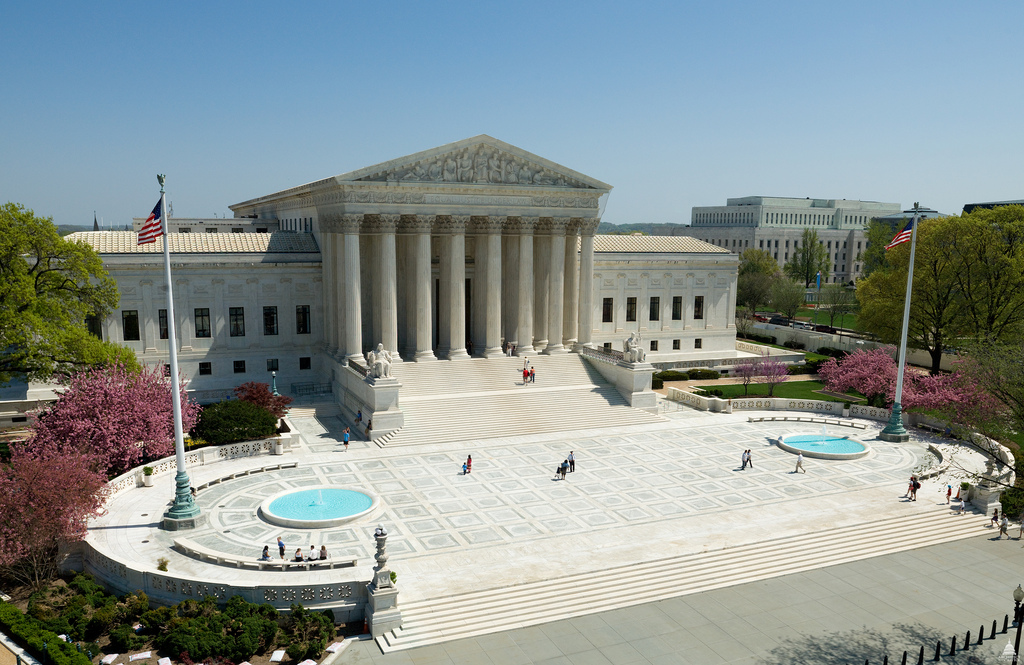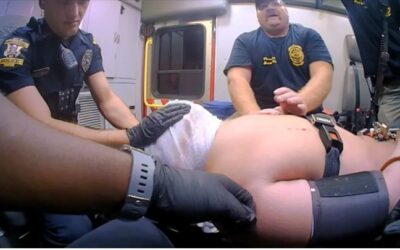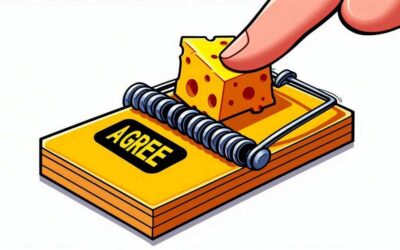The decision underscored the principle that only activities that are essential and directly related to an employee’s primary job responsibilities are subject to compensation.
In a recent decision by the Supreme Court of the United States (SCOTUS), Starbucks received a favorable outcome in a significant labor dispute. The case centered around Starbucks Corporation v. Superior Court of Los Angeles County (Dana Zelman, et al.), a class action lawsuit involving California employees seeking compensation for off-the-clock work.
Background of the Case: The lawsuit was initially filed by former Starbucks employees who alleged that the company violated California labor laws by requiring them to perform certain tasks off-the-clock without compensation. These tasks included closing duties such as locking doors, setting the alarm, and completing paperwork after clocking out.
Legal Issues: The key legal issue revolved around whether these closing tasks constituted compensable work under the Fair Labor Standards Act (FLSA) and California labor laws. The plaintiffs argued that Starbucks’ policies and practices effectively required them to work off-the-clock, leading to unpaid wages.
Lower Court Proceedings: Initially, the Superior Court of Los Angeles County certified a class action lawsuit against Starbucks, allowing current and former employees to join together in seeking compensation for unpaid wages related to off-the-clock work. This decision was upheld by the California Court of Appeal.
SCOTUS Decision: However, the case reached the Supreme Court of the United States, which ultimately ruled in favor of Starbucks. The SCOTUS decision focused on the interpretation of federal labor law and whether the tasks performed after clocking out were integral and indispensable to the employees’ principal activities.
The Supreme Court’s ruling emphasized the distinction between preliminary or postliminary activities and the core work duties for which employees are compensated. The justices found that the closing tasks at issue—such as securing the premises—were part of Starbucks’ overarching operations but did not constitute compensable work under federal law. The decision underscored the principle that only activities that are essential and directly related to an employee’s primary job responsibilities are subject to compensation.
Implications of the Decision: The SCOTUS decision has significant implications for labor law and class action lawsuits involving off-the-clock work. It reinforces employers’ arguments regarding the scope of compensable activities under federal law, potentially limiting the grounds on which employees can claim unpaid wages for tasks performed outside of regular working hours.
Conclusion: In conclusion, the recent SCOTUS decision in Starbucks v. Superior Court of Los Angeles County (Dana Zelman, et al.) delivered a win for Starbucks by clarifying the boundaries of compensable work under federal labor law. The ruling underscores the importance of distinguishing between integral job duties and peripheral tasks when assessing claims of off-the-clock work, setting a precedent that may influence future litigation and employer practices concerning wage and hour disputes in the United States.
Legal Counsel and Your Rights
When facing legal challenges, particularly in criminal cases, it is advisable to seek legal counsel immediately.
An experienced attorney can provide guidance on how to navigate interactions with law enforcement while safeguarding your constitutional rights.
Since 1993 our expert legal defense in navigating criminal law matters and protecting your constitutional rights are what we eat for breakfast everyday.
Contact Komorn Law PLLC if you’re ready to fight and win.
Research us and then call us.
More Rights You Should Know
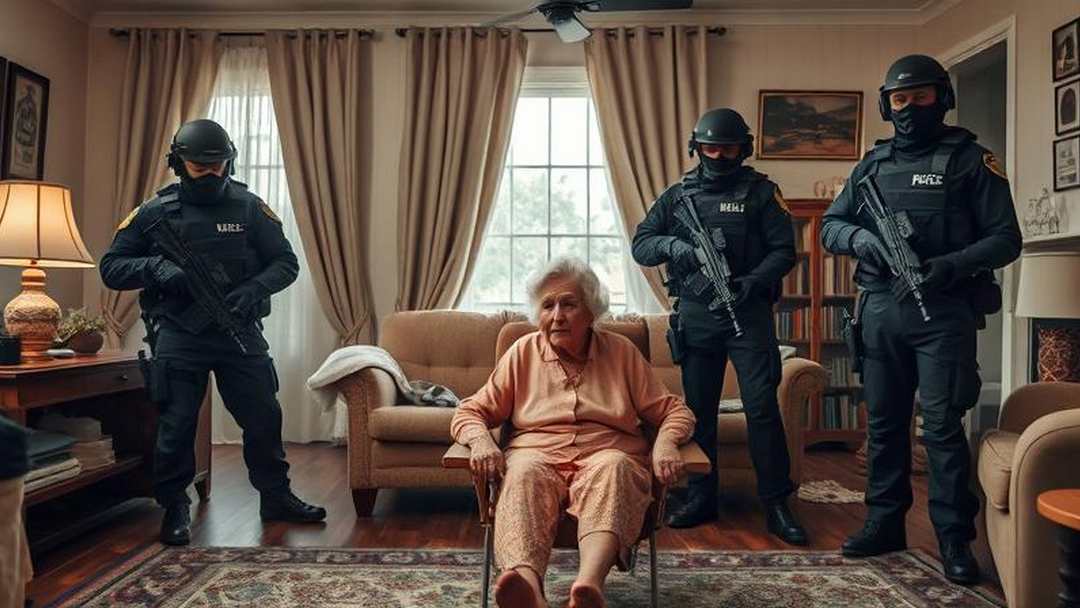
What Are Your Rights Before And After Arrest?
What are your rights before and after arrest?Generally, police require a search warrant to lawfully enter any private premises or to search electronic devices such as your phone or computer. If the police do not possess a search warrant, you are under no obligation to...
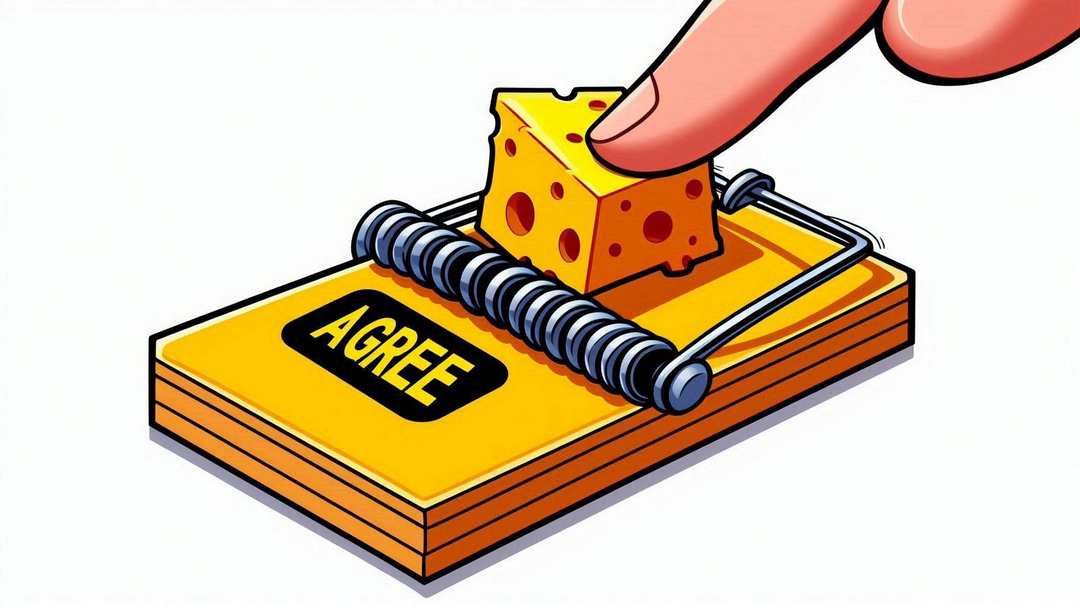
What could happen when you click the – I agree – box?
Wrongful death suit against Disney serves as a warning to consumers when clicking ‘I agree’A wrongful death lawsuit involving Walt Disney Parks and Resorts highlights the critical importance for consumers to meticulously review the fine print before registering for a...
Other Articles
Video kept from family shows police force not drugs killed son
police and paramedics inflicted “inhumane acts of violence”A mother has filed a federal lawsuit claiming that, while her son was experiencing a seizure in his Tennessee apartment, police and paramedics inflicted “inhumane acts of violence” on the 23-year-old instead...
What could happen when you click the – I agree – box?
Wrongful death suit against Disney serves as a warning to consumers when clicking ‘I agree’A wrongful death lawsuit involving Walt Disney Parks and Resorts highlights the critical importance for consumers to meticulously review the fine print before registering for a...
4th Circuit says – Assault weapons can be banned
This case is about whether the Act’s general prohibition on the sale and possession of certain “assault weapons,” are unconstitutional under the Second Amendment. An en banc federal appeals court upheld Maryland’s ban on assault-style weapons in a 10-5 decision...
SCOTUS – Justices uphold laws targeting homelessness
Does not amount to “cruel and unusual punishment” under the Eighth Amendment The Supreme Court has affirmed the validity of ordinances in a southwest Oregon city that restrict individuals experiencing homelessness from utilizing blankets, pillows, or cardboard boxes...
The 6th Amendment – Do You Know What It Is?
The 6th Amendment: is it still a thing?The 6th Amendment to the United States Constitution is a crucial pillar of the Bill of Rights, designed to ensure fair and just legal proceedings for individuals accused of crimes. Ratified on December 15, 1791, this amendment...
The US Supreme Court and Federal Gun Law Cases
The US Supreme Court and Federal Gun Law CasesChallenges to Federal Gun Laws the right of the people to keep and bear Arms, shall not be infringed Updated July 8, 2024 Ratified in 1791, the Second Amendment provides, “A well regulated Militia, being necessary to the...
Do Passengers in a Vehicle have 4th Amendment Rights?
Do Passengers have 4th Amendment Rights?Michigan Supreme Court Limits Police Ability to Search Passenger Property in CarsBackground Mead was a passenger in a car and had just met the driver, who offered him a ride. When the police stopped the vehicle and ordered both...
Do Students Have 4th Amendment Rights in Schools
Students and 4th Amendment RightsStudents are entitled to a right to be safe from unreasonable searches and seizures even within school premises, as ruled by the Supreme Court of the United States. However, these rights are somewhat limited for students, allowing...

